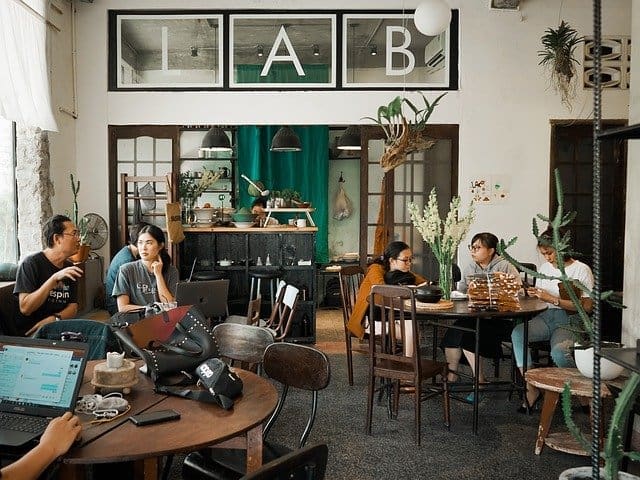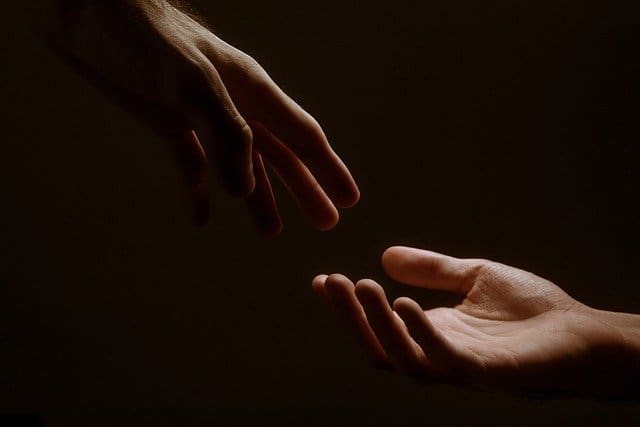Right from the start it became clear that the task would be no easy one. He gave an interview to the “Evening Mail, with a Box Number at the newspaper for anyone interested to contact him. He received a few answers – some ribald, some unprintable. He got one letter from a man asking that his brother should be contacted. He visited anyone who seemed in earnest but met with no success.
He got busy visiting doctors, priests and others. He was assured that no Alcoholics existed south of the Border and was advised not to waste his time in Dublin but to look for them in the North of Ireland. He was told that if alcoholics wanted to stop drinking all they had to do was to join the Pioneer Association – Ireland’s great temperance society. He was most often told that they had no wish to waste time on the usual crazy and short-lived ideas thought up by Americans. In short, he got nowhere very fast, and his time was running out.





